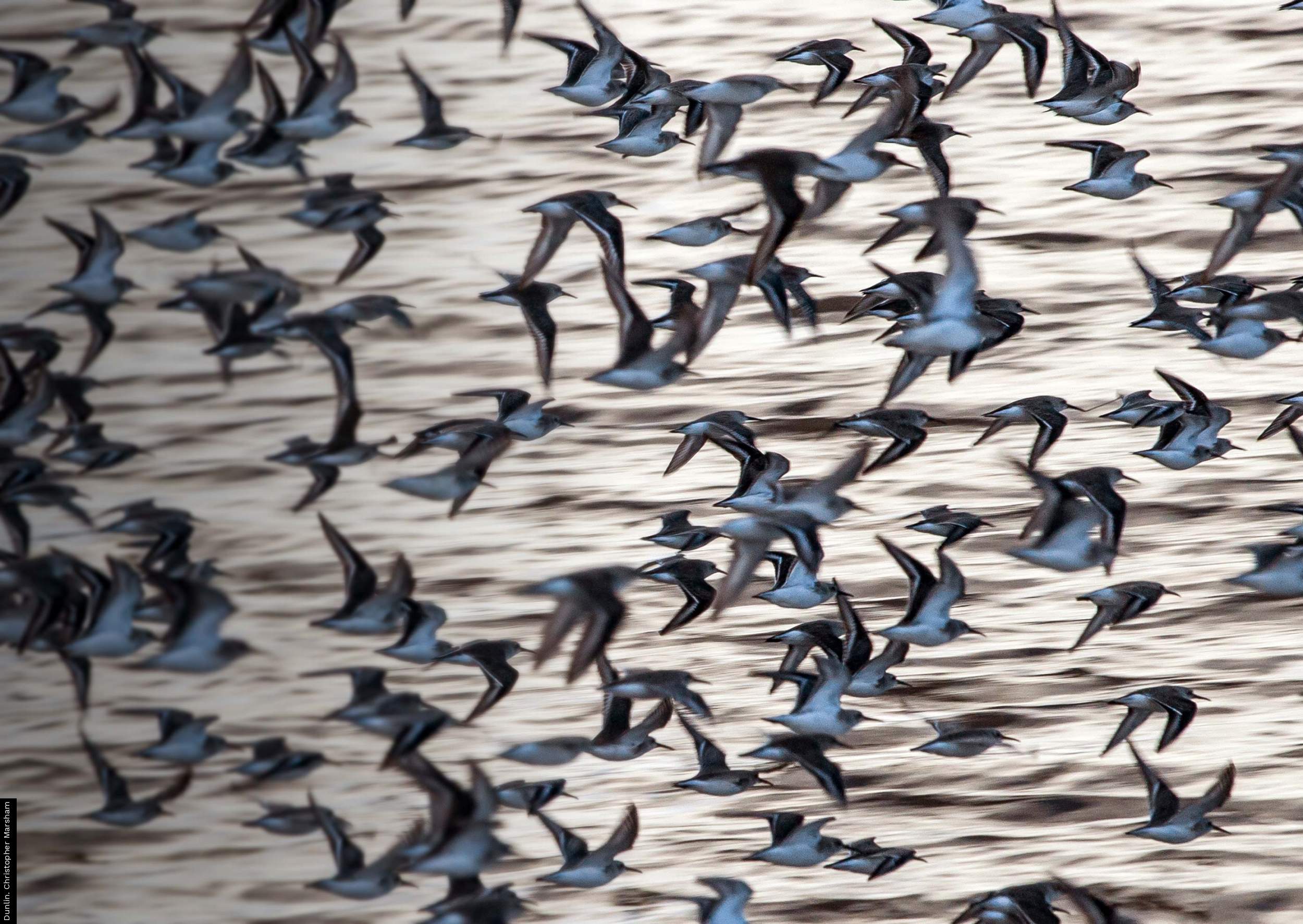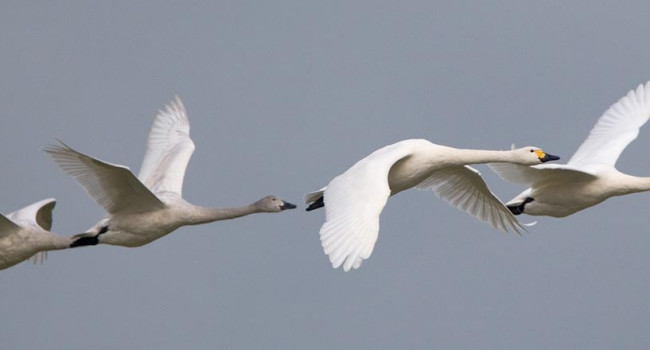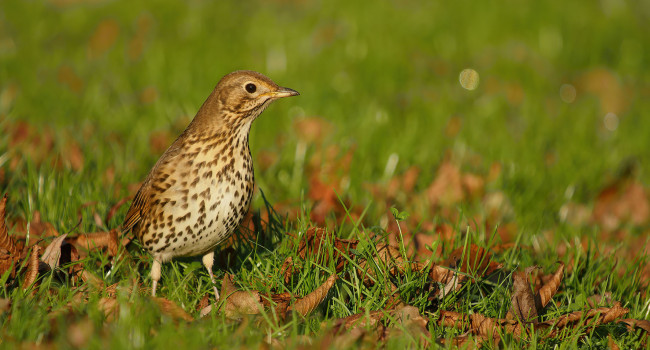Act now to save migratory birds, scientists say
17 Feb 2023 | No. 2023-02
- A new paper by RSPB and BTO researchers calls for the focus to shift from diagnosis to treatment of migrant bird declines
-
Birds that breed in Europe and winter in Africa have declined by more than 25% since 1980, though the reasons why remain unclear
-
Measures including tree planting and protection from hunting are likely to have a positive impact
We must act now to stop the long-term declines of birds that migrate between Europe and Africa, argues a new peer-reviewed study by scientists from the RSPB and British Trust for Ornithology (BTO). Despite decades of research into the reasons for these declines, our understanding of them remains incomplete largely due to the complexities of studying species on an inter-continental scale throughout the year and across the flyway. This is delaying conservation action.
The authors call for the focus to shift now from research to practical conservation measures, using the knowledge we have already. Continued declines of familiar species including Cuckoo, Swift and Turtle Dove are evidence that time is running out.
The new study calls for action to improve wintering and breeding habitats across Europe and Africa. Such intervention is likely to make the biggest difference for the greatest number of species, it says. Examples include planting and conserving native trees in those regions of Africa that hold wintering migrants, targeted measures at significant locations where birds stop to refuel during migration, and protecting some species from hunting along the full course of their migration routes.
Birds that leave Europe after the breeding season to spend the winter in Africa have seen their numbers drop by more than 25% since 1980, with many species experiencing significantly worse declines. The reasons why remain unclear, in part because the birds cover huge distances on their awe-inspiring journeys, are dependent on different sites at different times of year, and occupy vast wintering ranges. These factors make it very difficult to identify the pressures faced by individual species and to establish whether poor levels of breeding success or low adult survival rates are to blame for the declines.
The last few years have been a golden age in migrant research, and we have learnt a lot since the last review in 2014. This is especially the case in the use of new tracking technologies, through which we now have far more information regarding the migratory behaviour and routes of migrant birds. However, despite these advances, we still don’t understand what is driving the declines of most of these species. Although there have been significant advances in priority research areas, including tracking technologies and assessment of ground cover change, these have not led to new conservation approaches. The time has come to begin putting what we know into practice, argues the new study. If we wait until our understanding of these birds’ declines is complete, it may already be too late.
BTO Chief Executive Professor Juliet Vickery, lead author on the paper, said: ‘Our declining migrant birds need action. Although it remains important to continue some diagnostic research, particularly tagging and tracking birds, resources need to be focused on trialling solutions based on what we know already.’
She continued: ‘This is not just about the conservation of individual species but the preservation of a spectacular phenomenon that has inspired humans for generations. We must afford a higher priority to addressing the declines of widespread and relatively common birds, not least because these carry a stronger warning about the health of our natural world than is the case for of rare and threatened species.
RSPB Senior Conservation Scientist Dr John Mallord said: 'Although we have learnt a lot about migrant birds in the past seven years, we are still no closer to understanding what is driving the declines of most of these species. We need to shift the focus from species-specific diagnostic research and start to use what we do already know to inform conservation actions on the ground.
The paper is published in the journal IBIS and can be accessed here.
Contact Details
Tom Stewart (BTO Media Manager)
Mobile: 07585 440910
Email: press [at] bto.org (subject: News%20release%20enquiry)
Mike Toms (BTO Head of Communications)
Mobile 07850 500791
Email: press [at] bto.org (subject: News%20release%20enquiry)
Images are available for use alongside this News Release. These can be downloaded from this link for which you will need to enter the password MigrantDeclines2023. Alternatively, please contact press [at] bto.org quoting reference 2023-02.






Share this page